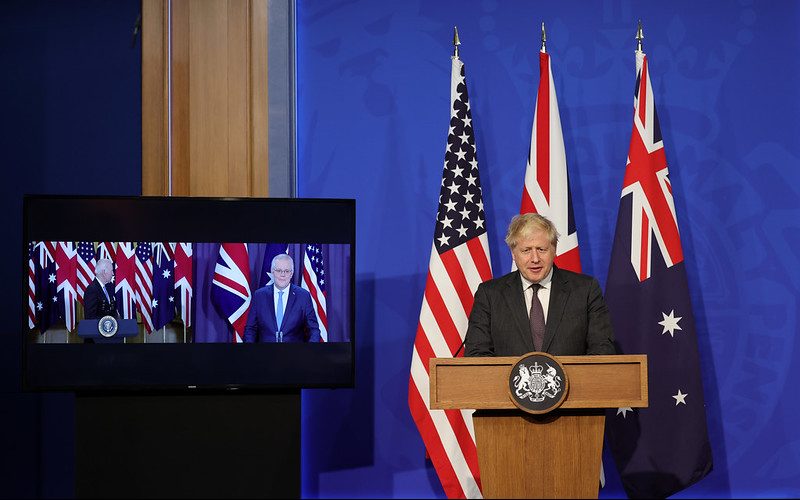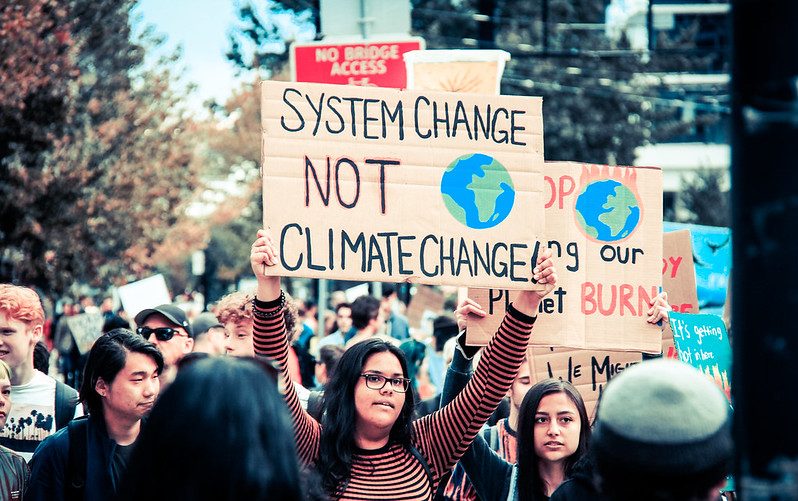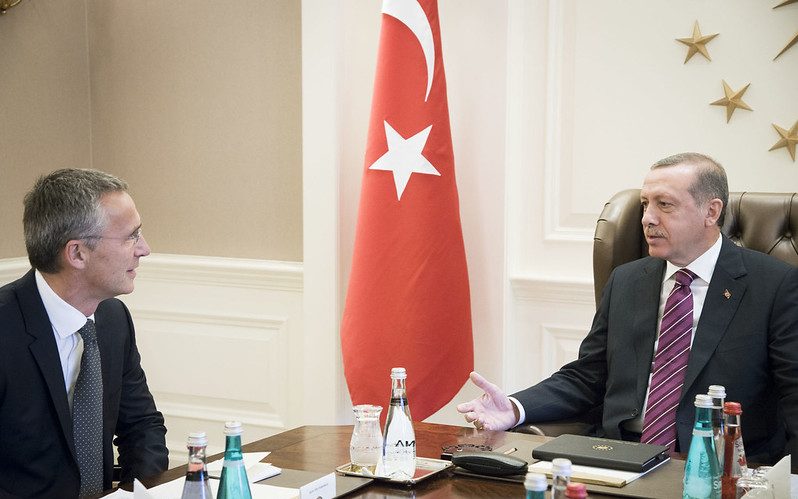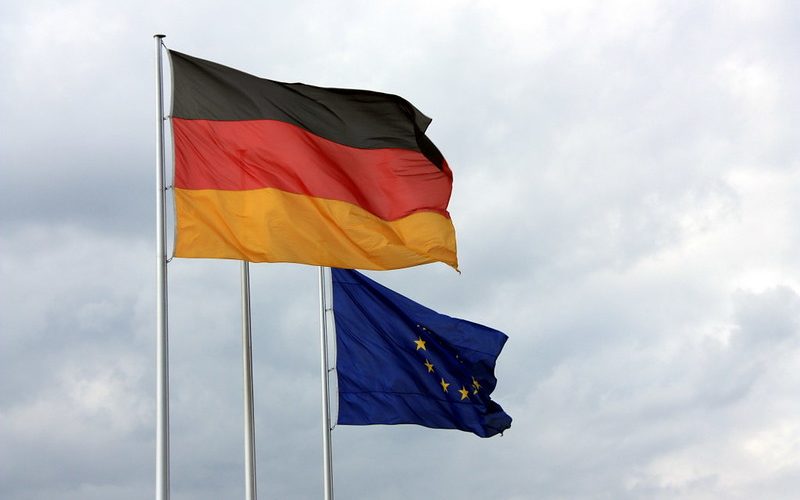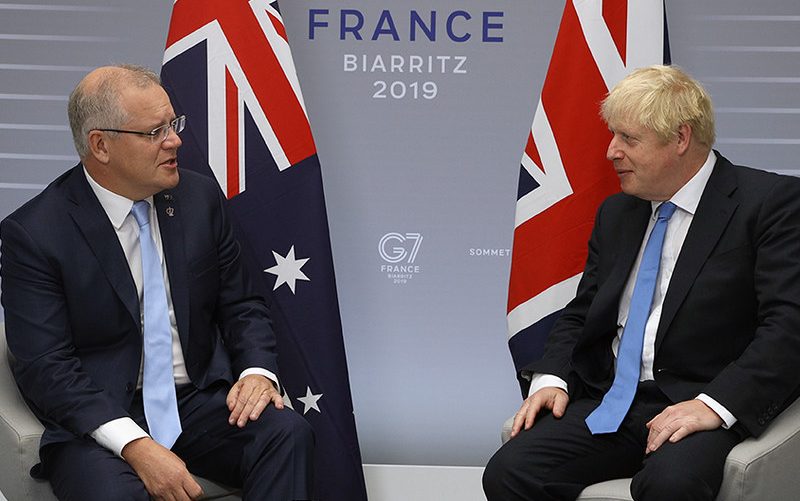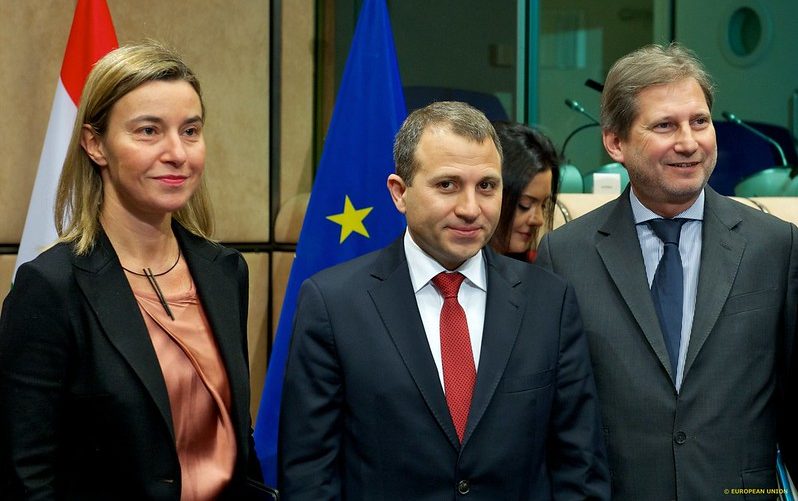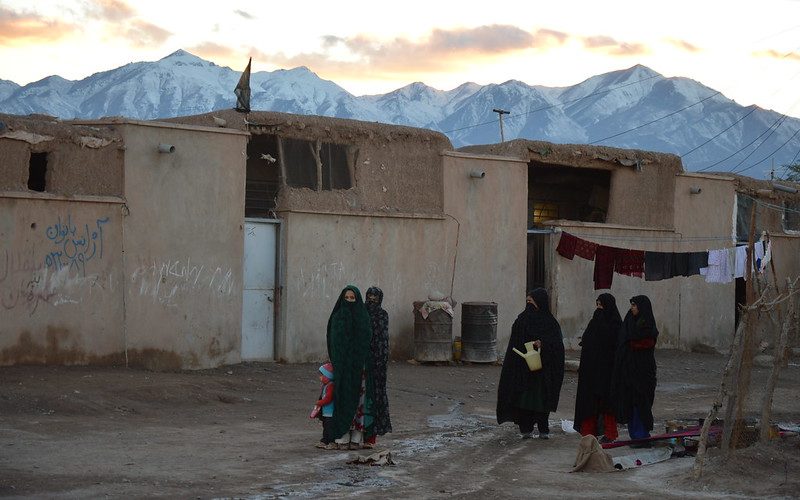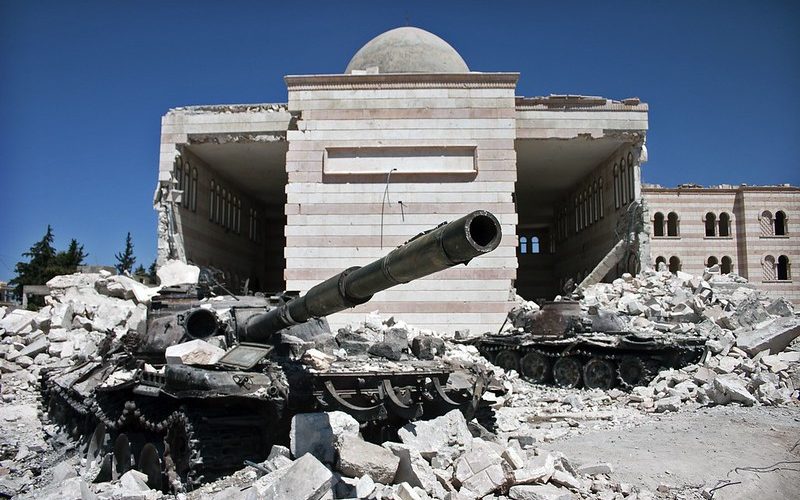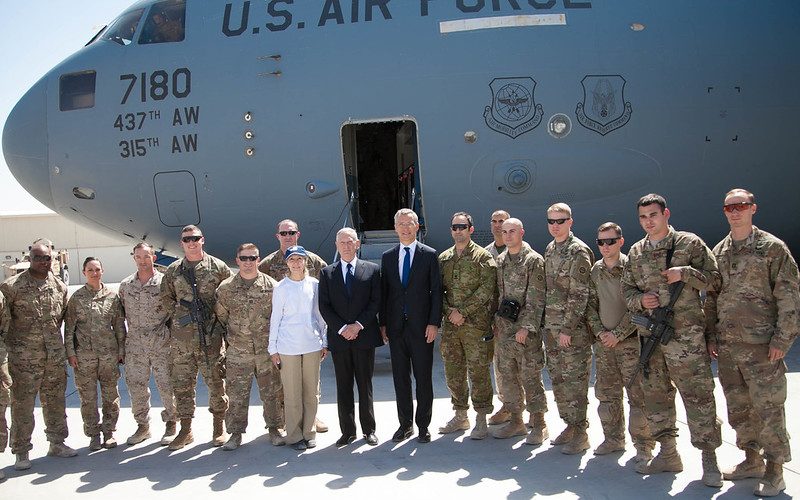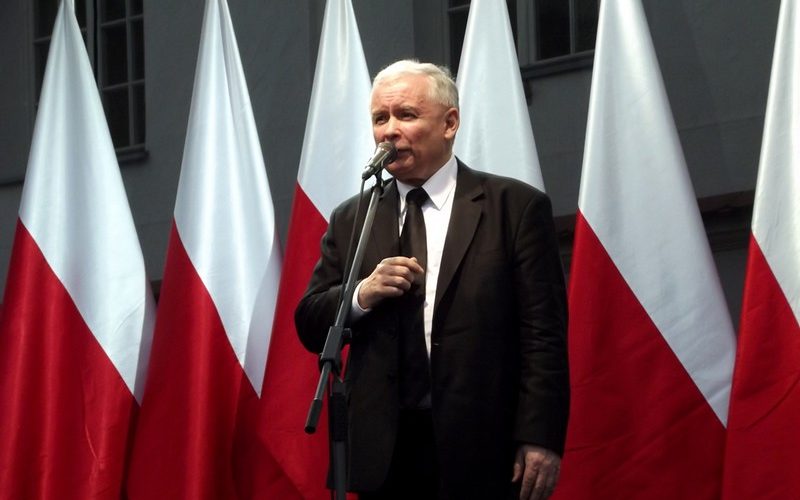
Politics of Confusion – The fourth fragment: Confusion
On Saturday, October 9, the right-wing ruling party PiS has organised a convention on the future of Polish agriculture and the development of rural areas, specifically directed towards farmers. Although this meeting resembled any other propaganda technique used by the PiS party to polarise the society, it was the first to follow very strong anti-EU and anti-citizens decisions made by the Polish government. It thus can be used as a representation of the complete political and economic chaos, which is currently taking place in Germany’s first Eastern neighbor.

